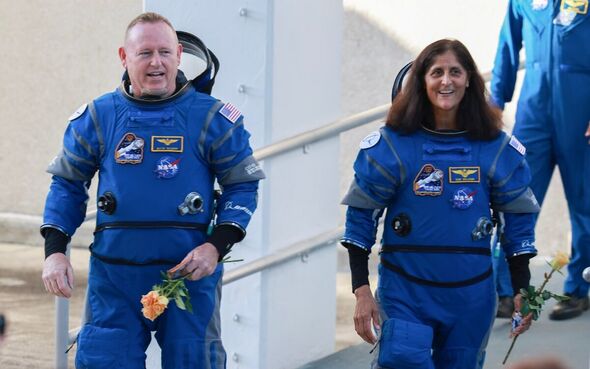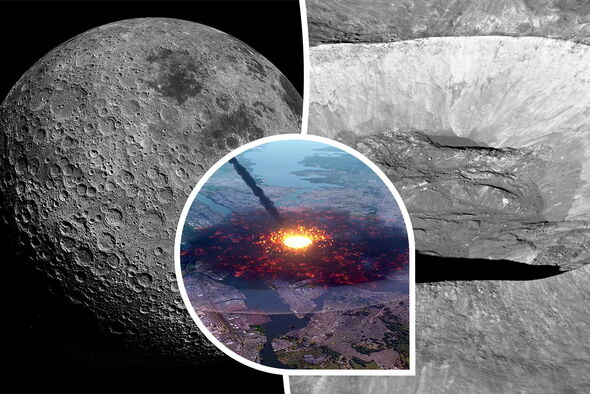BRUSSELS—Carlos Moedas, secretary of state to Portugal’s center-right prime minister, has been appointed European commissioner in charge of research, science, and innovation here yesterday. If his appointment is approved by the European Parliament, he will take over from Máire Geoghegan-Quinn for a 5-year term in this top-level position at the European Commission, the European Union’s executive branch.
Moedas will oversee the use of funds from Horizon 2020, the European Union’s €80 billion research program. Jean-Claude Juncker, president-elect of the European Commission, has tasked Moedas with promoting the excellence of European science, monitoring national research policies, making sure that “Commission proposals and activities are based on sound scientific evidence,” and focusing more on applied research, among other duties.
Moedas, 44, has no apparent research policy experience, but he is likely to have a good understanding of scientific research, says Marco Alves, a researcher at WavEC – Offshore Renewables, a nonprofit research center in Lisbon. Moedas earned his civil engineering degree at the Higher Technical Institute of the University of Lisbon—one of the country’s top schools, with a strong research component—where Alves also studied. Moedas worked as an engineer before turning to banking and economics. After an MBA from Harvard Business School in 2000, he worked as a banker for Goldman Sachs and Aguirre Newman, and founded his own investment company in 2008.
Alves says Moedas became a well-known figure in Portugal when in charge of a service of the Portuguese government that oversaw the rollout of the country’s “economic adjustment programme” from 2011 to 2014. This was an aid and reform program, agreed with the European Commission, the European Central Bank, and the International Monetary Fund to help Portugal exit the economic crisis.
Kurt Deketelaere, secretary-general of the League of European Research Universities, says Moedas’s hands-on experience, in both public office and private firms, makes him a strong candidate for the job. “We don’t really need a top scientist” as research commissioner, Deketelaere says. “We need somebody who listens, somebody with common sense who can shape a vision … and make things happen.”
Others are less enthusiastic, including Portuguese sociologist Marisa Matias, a left-wing member of the European Parliament who works on research policy issues. In view of Moedas’s background, Matias is concerned that “important research areas,” including the humanities, for example, could be neglected in favor of more “profitable” science.
Moedas’s appointment was announced on 10 September by Juncker, who allocated portfolios to the candidates put forward by member states—one per country.
Juncker introduced novelties in the commission’s makeup: He appointed seven vice presidents as project team leaders. Without a dedicated service or budget, vice presidents are supposed to steer and unite the work of several commissioners on particular issues, such as pan-European energy policy or the digital market. Under this plan, Moedas is expected to liaise with four vice presidents and in particular with Finland’s former Prime Minister Jyrki Katainen, responsible for “jobs, growth, investment and competitiveness.”
In addition, the president-elect merged the portfolios for climate action and energy, as well as the environment and fisheries briefs, and moved space policy from the industry and entrepreneurship portfolio to the transport portfolio.
According to a commission official, Juncker is willing “to maintain independent scientific advice” within his services but hasn’t specified yet what will happen with the controversial chief scientific adviser’s role. In a curious move, Juncker also transferred the Joint Research Centre, the commission’s in-house science service, from the research portfolio to the responsibility of the education commissioner.
Each commissioner designate will appear before the relevant European Parliament committee in the coming weeks, ahead of a vote by the whole Parliament on the new commission. One appointee in particular is likely to spark controversy during parliamentary hearings: Spanish conservative Miguel Arias Cañete, commissioner designate for climate action and energy, has declared that he had responsibilities and shares in two oil companies—an involvement that could clash with his new duties.
*Update, 11 September, 1:10 p.m.: This article has been updated with more information.





